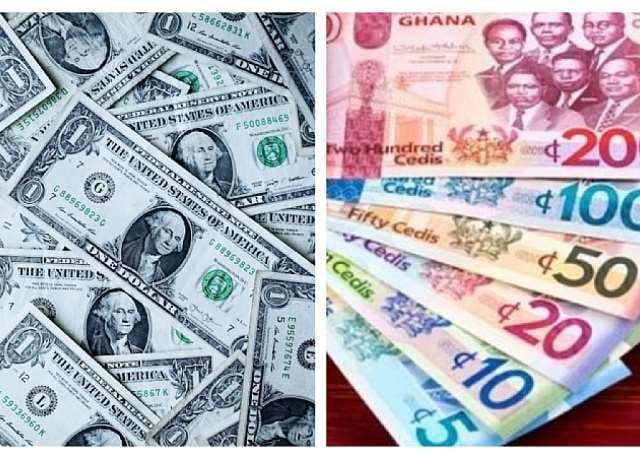The Ghanaian cedi experienced further depreciation against the US dollar on September 11, 2025, continuing a concerning trend. Data compiled from various sources, including Cedirates.com, a platform tracking currency and fuel rates in Ghana, reveals a widening gap between the official interbank rate and the rates offered by forex bureaus. On the interbank market, regulated by the Bank of Ghana, the cedi traded at GHS12.09 for buying and GHS12.11 for selling. However, forex bureaus, which cater to a larger segment of the population, quoted significantly higher rates, averaging GHS13.50 for buying and GHS13.80 for selling. This discrepancy highlights the challenges faced by individuals and businesses seeking access to foreign currency, particularly the US dollar, as the street value of the cedi continues to erode.
The depreciation of the cedi is not limited to its exchange rate with the US dollar. Other major currencies, including the British pound and the euro, also saw their value rise against the weakening Ghanaian currency. Forex bureaus offered an average buying rate of GHS16.23 and a selling rate of GHS17.00 for the British pound. Similarly, the euro traded at GHS14.10 for buying and GHS14.73 for selling. The Bank of Ghana’s interbank rates for these currencies were slightly lower, at GHS16.40 for the pound and GHS14.19 for the euro, further illustrating the disparity between official and market rates. This trend underlines the broader pressure on the cedi and suggests systemic factors contributing to its decline.
The landscape of international money transfers to Ghana presents a slightly more competitive picture. Money transfer operators like LemFi and Afriex offered rates that were generally more favorable than those found at forex bureaus. For remittances from the US or UK to Ghana, LemFi quoted a dollar rate of GHS12.20, while Afriex offered a slightly more attractive rate of GHS11.95. For the British pound, LemFi’s rate was GHS16.51, compared to Afriex’s rate of GHS16.01. Euro remittances saw similar competitive pricing, with Afriex quoting GHS14.16 and Lemfi offering GHS14.31. These relatively lower rates for remittances likely reflect the specialized nature of these services and the competition between providers to attract customers.
Furthermore, digital subscriptions to international services like Netflix, Spotify, and Apple Music, often paid for using international debit or credit cards, incurred exchange rates of GHS12.95 for Visa and GHS13.11 for Mastercard. These rates, while slightly higher than the official interbank rates, are still generally lower than the rates offered by forex bureaus. This difference likely reflects the direct processing of these transactions through international payment networks, bypassing the need for physical currency exchange at local bureaus.
The varying exchange rates across different platforms and services underscore the complex dynamics of the Ghanaian foreign exchange market. The significant difference between interbank rates and those offered by forex bureaus indicates a potential shortage of foreign currency supply through official channels, forcing individuals and businesses to turn to the less regulated forex bureau market, where rates are driven by supply and demand forces. This situation also highlights the potential risks associated with currency exchange, as individuals may face varying rates depending on the chosen platform or service.
In summary, the Ghanaian cedi’s continued depreciation against major currencies paints a concerning picture of the nation’s economic health. The disparity between official interbank rates and forex bureau rates suggests underlying challenges in managing foreign currency reserves and meeting market demand. While money transfer operators offer a slightly more competitive landscape for remittances, the overall trend of cedi depreciation underscores the need for comprehensive economic policies to stabilize the currency and address the root causes of its decline. This situation requires careful monitoring and potentially interventionist measures to mitigate the negative impact on businesses, consumers, and the overall Ghanaian economy. The varied exchange rates across different platforms highlight the need for transparency and consumer awareness in navigating the complexities of the foreign exchange market.


